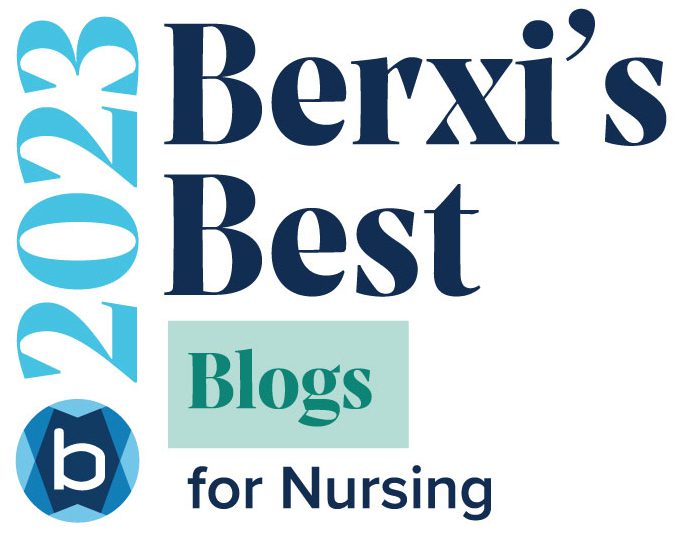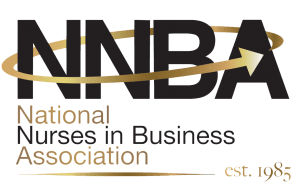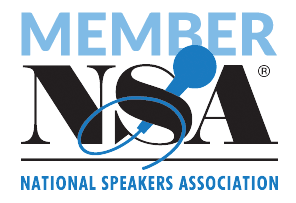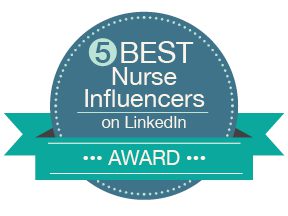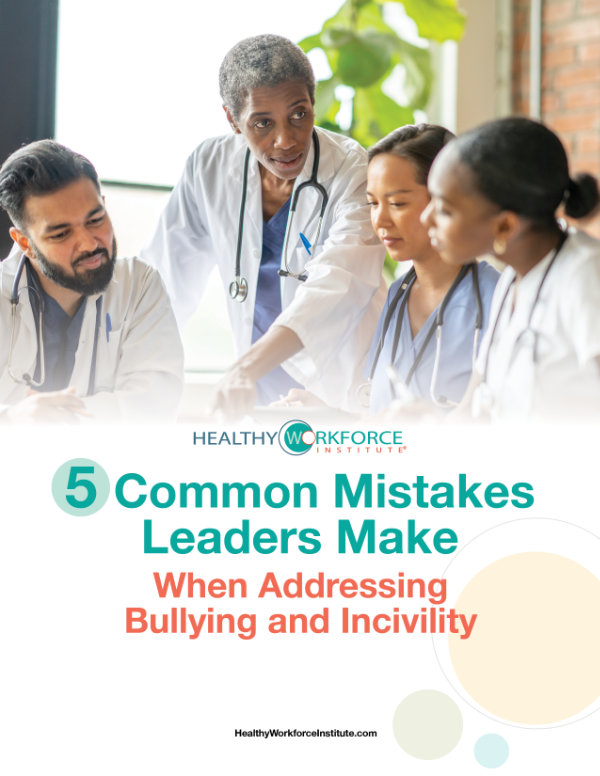Education
Bullying in Healthcare is a Problem
Leaders and employees today are often ill equipped to deal with the common problems of workplace bullying, incivility and unprofessional conduct. To make matters worse, healthcare organizations don’t do a good job providing their leaders and employees with the strategies and skills they need to address disruptive behaviors. Therefore, most people do what’s comfortable; they do nothing.

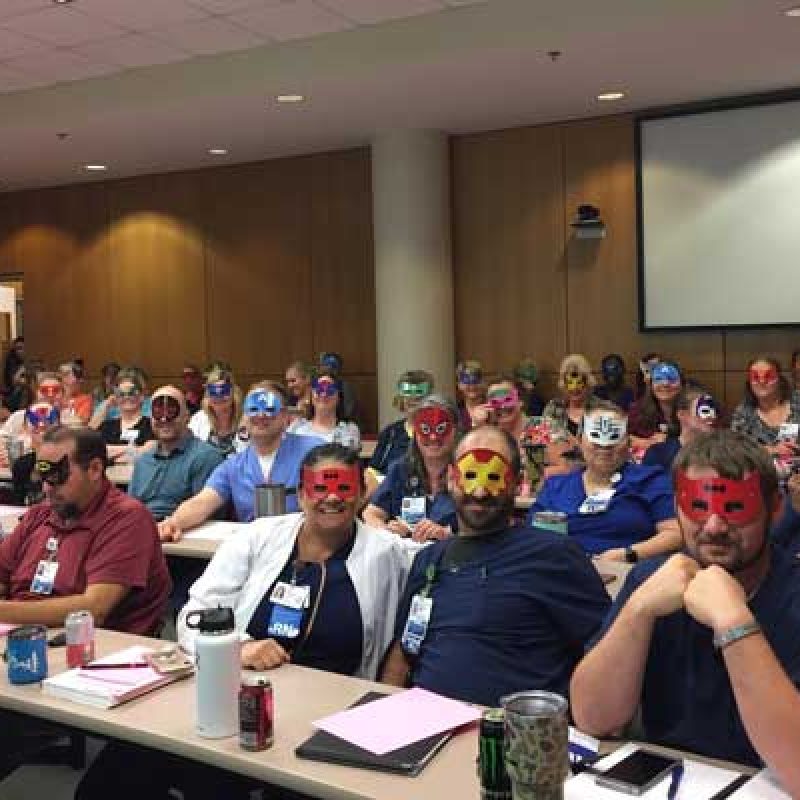
The Solution
We need to do a better job equipping our leaders and employees with the skills and tools they need to cultivate a culture of professionalism and respect.
Through our interactive workshops, we transform healthcare organizations by empowering leaders and employees to excel in their role and become agents of positive change.
The result is a work culture where everyone communicates with respect, conflict is minimized or non-existent, and individuals enjoy working together toward a shared vision.

Thomas Jefferson University Hospital

Baylor Scott & White Medical Center - Hillcrest
Honor Health
Got bullying and incivility?
- Disruptive behaviors are on the rise
- When bullying and incivility are ignored, bad things happen to employees and patients
- Healthcare leaders can no longer afford to use silence as a strategy. It doesn’t work.
At the Healthy Workforce Institute, we provide leaders with the practical skills and tools they need to finally address bad behavior.
Introducing the Healthy Workforce Institute’s Transformational Workshops
In this program your leaders learn the tools, strategies, and gain the confidence to identify disruptive behaviors that undermine a culture of safety, set behavioral expectations with employees, and hold staff accountable for professional conduct.
This workshop has a 99% satisfaction rate, because it empowers healthcare leaders to RECOGNIZE bullying behaviors that undermine a culture of safety (not everything is bullying), DEVELOP the skills needed to confront and eliminate disruptive behaviors (bullying AND unprofessional), and TRANSFORM their organization into a nurturing, supportive, and professional workplace.
Objectives
- Recognize the difference between bullying, incivility, and someone just having a bad day.
- Explore how successful leaders address and eliminate disruptive behaviors.
- Identify strategies to create a culture of civility and respect in the workplace.
We need to do a better job equipping healthcare leaders with the skills and tools they need to cultivate a professional, supportive, and healthy workforce by eradicating disruptive behaviors!
Ineffective communication is cited as the most common cause of medical error. Yet, we don’t often teach healthcare leaders how to develop and foster good communication skills in themselves and their teams.
The message is clear – communication skills may be as important, if not more important, than clinical skills. This workshop is designed to teach healthcare leaders the essential strategies and tactics they need to develop better communication skills for a safe and healthy workforce.
Objectives
- Develop assertive communication skills among the healthcare team.
- Incorporate body language techniques to strengthen team relationships.
- Create standards and systems that foster collegial relationships among the team.
Resolving interpersonal conflict is an essential skill all healthcare leaders need to develop. Patient’s lives depend on the leader’s ability to quickly identify and resolve destructive conflict that negatively impacts the delivery of care and to engage in healthy conflict that creates innovation and improves quality care.
During this interactive program, you will learn how to put a seat belt around your lizard brain in order to respond vs. react during conflict. You will practice skills to de-escalate tense conversations that lead to a win-win solutions and stronger relationships as a result of addressing vs. avoiding conflict.
Objectives
- Identify ways to control emotional reactivity during conflict situations in the workplace.
- Adopt a resilient approach to decrease conflict avoidance.
- Implement six (6) actions that de-escalate, diffuse, and resolve conflict.
Studies show that leaders with high emotional intelligence are better able to mitigate the challenges of the healthcare environment. Even when stretched, these same leaders are empowered to cultivate high performing teams. By developing emotional intelligence in your leaders, you are providing a roadmap for their success and the success of their team.
In this interactive workshop your leaders will learn how to enhance their emotional intelligence skills to build a psychologically safe, productive, and collaborative work culture.
Objectives
- Develop key emotional intelligence (EI) competencies that create a psychologically safe work culture.
- Adopt a resilient mindset when faced with negative employees.
- Implement five EI based strategies to build a cohesive, professional workplace culture.

